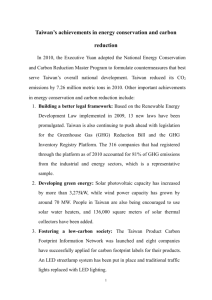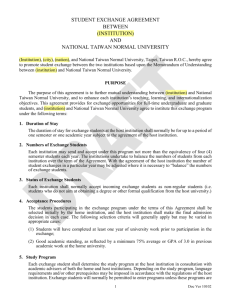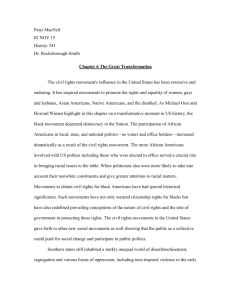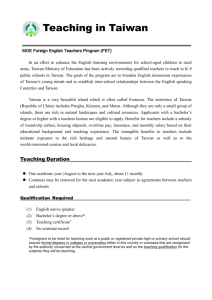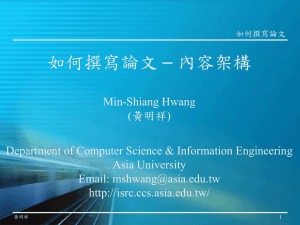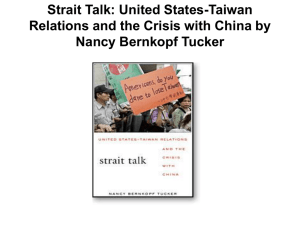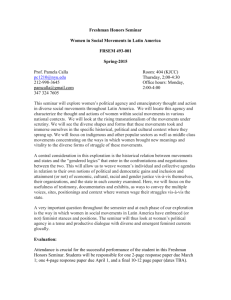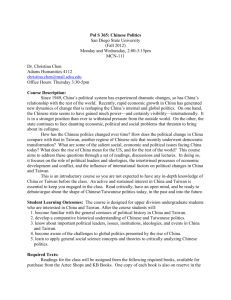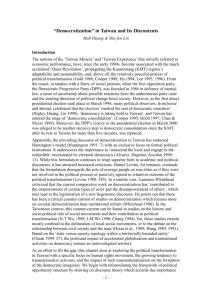Reinventing the Local in Taiwan`s Social Movements: Historic
advertisement
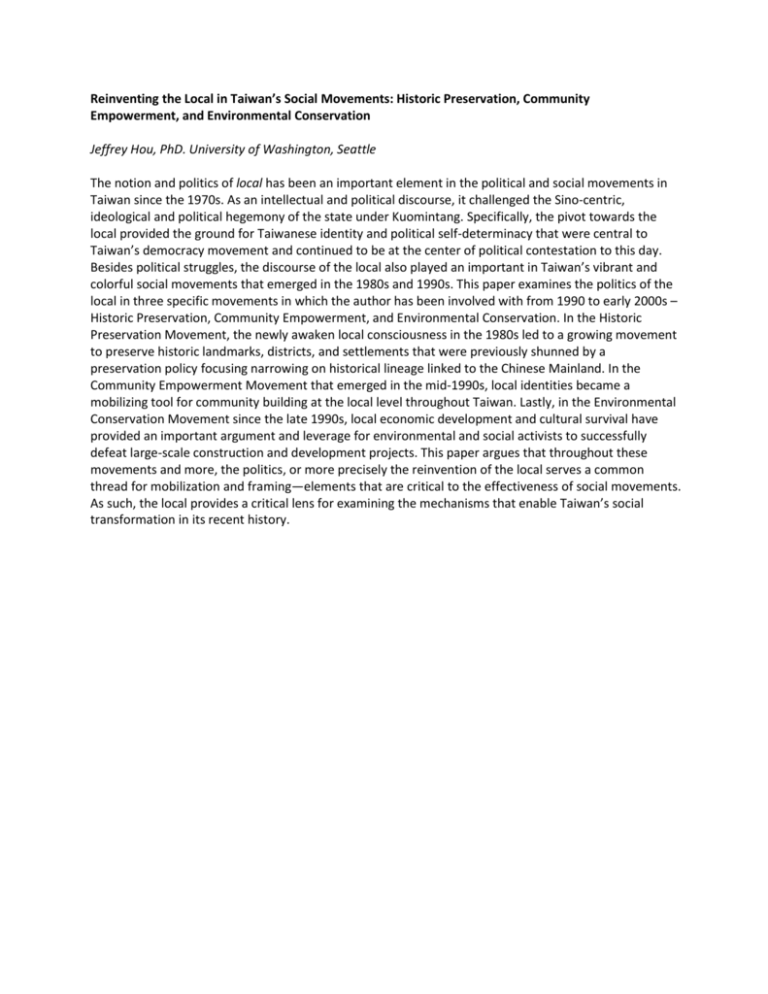
Reinventing the Local in Taiwan’s Social Movements: Historic Preservation, Community Empowerment, and Environmental Conservation Jeffrey Hou, PhD. University of Washington, Seattle The notion and politics of local has been an important element in the political and social movements in Taiwan since the 1970s. As an intellectual and political discourse, it challenged the Sino-centric, ideological and political hegemony of the state under Kuomintang. Specifically, the pivot towards the local provided the ground for Taiwanese identity and political self-determinacy that were central to Taiwan’s democracy movement and continued to be at the center of political contestation to this day. Besides political struggles, the discourse of the local also played an important in Taiwan’s vibrant and colorful social movements that emerged in the 1980s and 1990s. This paper examines the politics of the local in three specific movements in which the author has been involved with from 1990 to early 2000s – Historic Preservation, Community Empowerment, and Environmental Conservation. In the Historic Preservation Movement, the newly awaken local consciousness in the 1980s led to a growing movement to preserve historic landmarks, districts, and settlements that were previously shunned by a preservation policy focusing narrowing on historical lineage linked to the Chinese Mainland. In the Community Empowerment Movement that emerged in the mid-1990s, local identities became a mobilizing tool for community building at the local level throughout Taiwan. Lastly, in the Environmental Conservation Movement since the late 1990s, local economic development and cultural survival have provided an important argument and leverage for environmental and social activists to successfully defeat large-scale construction and development projects. This paper argues that throughout these movements and more, the politics, or more precisely the reinvention of the local serves a common thread for mobilization and framing—elements that are critical to the effectiveness of social movements. As such, the local provides a critical lens for examining the mechanisms that enable Taiwan’s social transformation in its recent history.


